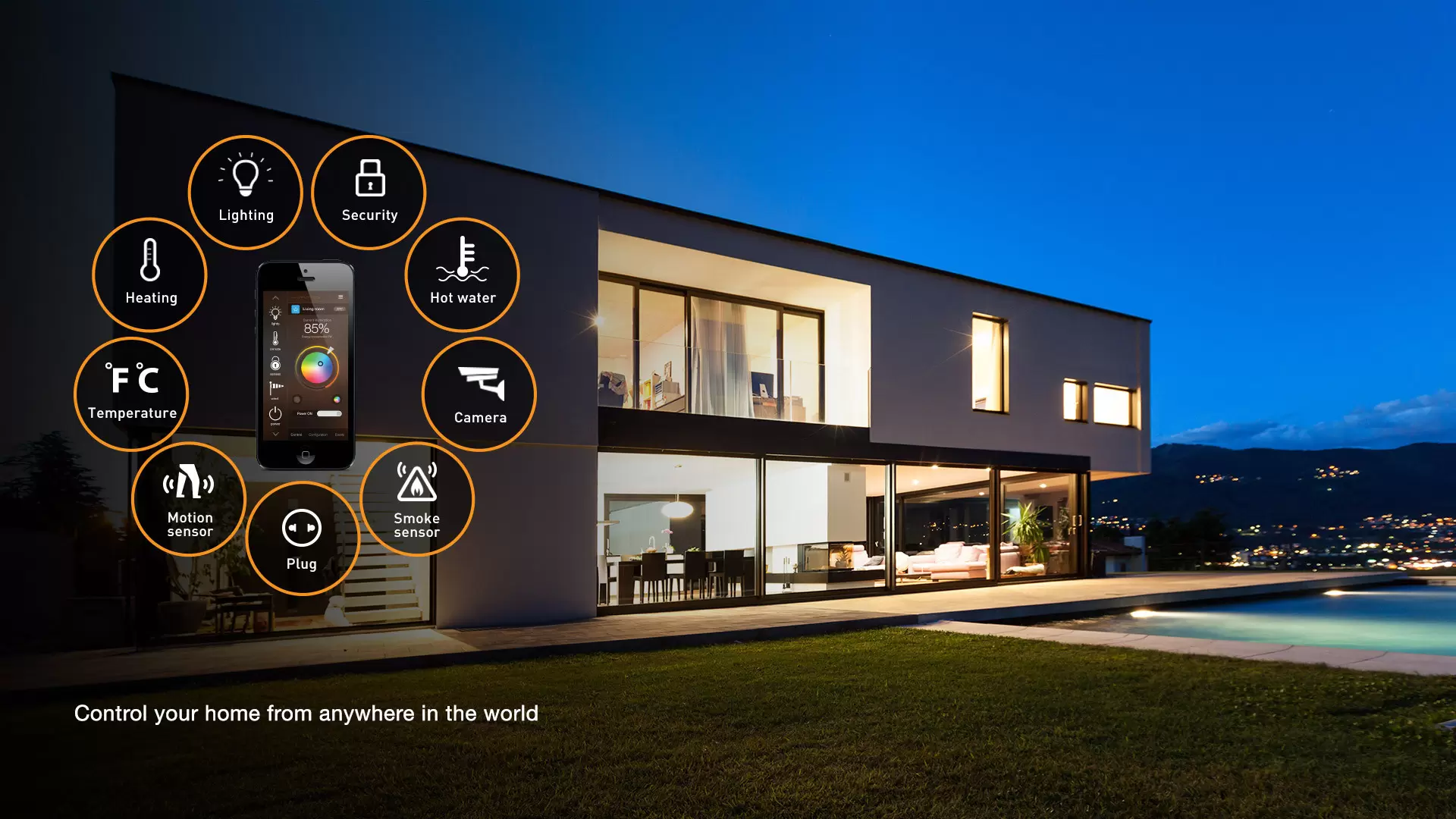
Smart homes are no longer a futuristic concept. With advancements in artificial intelligence (AI), homes are becoming more intuitive, efficient, and secure. Imagine a home that adjusts its settings based on your habits—lights dim when you relax, the thermostat sets itself to your comfort level, and security systems recognize family members while detecting potential threats. AI is transforming how we live, making home automation smarter and more convenient than ever.
AI-powered smart homes adapt to individual preferences. Smart lighting systems adjust brightness based on the time of day and user activity. Thermostats learn temperature preferences and automatically create schedules to ensure comfort while reducing energy usage. Even appliances like coffee makers and entertainment systems can be controlled through voice commands or automated routines.
Security is a major advantage of AI-driven smart homes. AI-integrated security systems use facial recognition to identify family members and trusted visitors while alerting homeowners to unfamiliar faces. Smart cameras and motion sensors provide real-time alerts for suspicious activities, reducing the risk of break-ins. Some systems can even detect fire, gas leaks, or water leaks and send alerts before damage occurs.
AI improves energy efficiency by monitoring usage patterns and optimizing energy consumption. Smart thermostats, lighting systems, and appliances adjust settings based on occupancy and time of day, helping to reduce electricity bills. AI can also analyze energy consumption trends and suggest ways to cut costs without compromising comfort.
One of the biggest advantages of AI in smart homes is predictive maintenance. AI-enabled systems can monitor appliances and detect issues before they become major problems. For example, a smart washing machine can send an alert when a part needs replacement, preventing costly repairs. Similarly, AI-powered HVAC systems can notify homeowners when filters need to be changed for optimal performance.
AI technology will continue to evolve, making smart homes even more efficient and autonomous. Future advancements may include deeper integration between different smart devices, more accurate voice recognition, and even AI-driven home assistants that can perform daily tasks like ordering groceries or managing home security automatically.
As AI takes on a larger role in home automation, a key question arises: How much control should we give AI? While AI enhances convenience, security, and efficiency, some concerns remain regarding privacy, data security, and over-reliance on automation.
Would you feel comfortable allowing AI to manage your entire home, or do you prefer a balance between automation and manual control? Share your thoughts in the comments.
